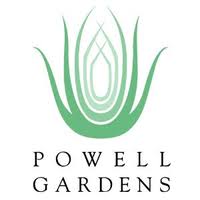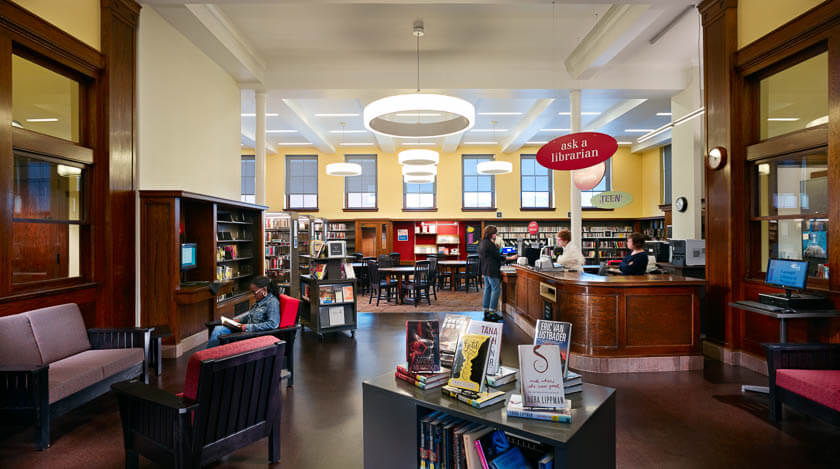14 Aug Lorraine’s House Receives $50,000 Grant from the REACH Healthcare Foundation
Lorraine’s House was recently awarded a $50,000 grant from REACH Healthcare Foundation to support a compassionate approach, structure, and research- and evidence-based strategies to support women in their recovery from substance use disorder (SUD).14 Aug Wichita Children’s Home Receives $25,000 Grant from the Kansas Human Trafficking Victim Assistance Fund
Wichita Children’s Home recently received a grant for $25,000 from the Kansas Human Trafficking Victim Assistance Fund to expand and enhance depth and breadth of WCH’s survivor aftercare services for victims of human trafficking. Wichita Children’s Home (WCH) Anti-Human Trafficking Initiative incudes outreach and prevention; and emergency shelter, transitional living, and aftercare services are outcome based, trauma-informed and victim-centered. Our primary goal is to empower these young women to heal and reclaim their lives.14 Aug Powell Gardens Receives $230,254 Grant from IMLS Museums Empowered Initiative
Powell Gardens was recently awarded a $230,254 grant from IMLS MFA Museums Empowered Initiative to support the Supporting Professionally Relevant Opportunities for Understanding and Training (SPROUT) project. SPROUT will make critical investments in the Gardens’ operational infrastructure. These investments will improve the Gardens’ ability to provide visitors with meaningful encounters with plants within the Midwest ecosystem. Specifically, the project will address the Gardens’ staff needs through enhanced human resources support and expanded team and individual talent development opportunities for staff. Professional development offerings will include technical trainings and safety demonstrations for horticulture and administrative staff as well as leadership training for managers and directors.13 Aug Funding Alert! Cooperative Agreements to Address Health Disparities
Department of Health and Human Services Does your organization work to address health disparities among racial and ethnic minority populations? The Department of Health and Human Services’ Office of Minority Health is accepting applications for its cooperative agreement program, Framework to Address Health Disparities through Collaborative Policy Efforts: Demonstration Projects. In conjunction with the office’s Coordinating Center cooperative agreements for the same program, Demonstration Projects develop and demonstrate the effectiveness of methodologies for addressing health disparities. This includes assessing and identifying policies that contribute to structural racism and perpetuate health disparities, as well as modifying, developing, and implementing policies that improve health outcomes. Proposals for this program are due August 23, 2022.11 Aug Integrated Behavioral Technologies, Inc. Receives $25,000 Grant from Kansas Health Foundation
Integrated Behavioral Technologies, Inc. was recently awarded a $25,000 grant from the Kansas Health Foundation to support improved capacity for IBT through critical, sustainable training, allowing IBT to fulfill its mission of training providers to implement evidence-based behavioral services for underserved Kansas families. IBT staff will attend Safety-Care Behavioral “Train-the-Trainer” Initial Training to reduce the likelihood and the intensity of behavioral crises for individuals with autism across 23 rural Kansas counties.09 Aug What to do when there are gaps in data? by Julie Alsup, GPC
Posted at 13:10h
in Competency Eight, Competency Five, Competency Four, Competency Nine, Grant Reporting, Grants Management, Julie Alsup, GPC, Writing
You want me to write about what? How can I write about progress when the right data wasn’t collected to measure progress?
Grant professionals are frequently faced with the reality of gaps in data in pre-award, and post-award. We are asked to respond to sections which require a discussion of national, regional, and local data to justify need; as well as sections requesting data-supported rationale for the proposed intervention, and finally a proposed series of measurable objectives indicated by an improvement over baseline. Sometimes there is something to work with. Oftentimes we are asked to work magic!










